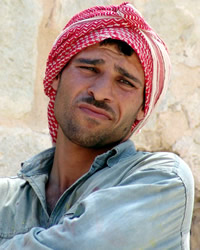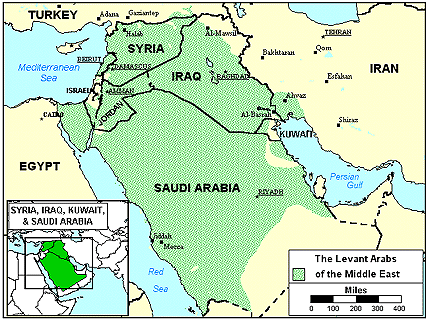The Assad family ruled Syria since 1971. Syrian Pres. Bashar al-Assad seemed like he might allow for more freedom, but censorship and surveillance continued to be the norm. Higher expectations came during the Arab Spring in the early 2010s and Syrians became dissatisfied with their government. The Sunni Muslim majority rebelled against the Assads, who are part of the minority Alawite religion. Demonstrations led to an all-out civil war in 2011. Refugees fled in record numbers, mainly to Europe.
They arrived in southern European countries like Greece, only to find that the poor economy would not sustain them. From there, Syrian Arab refugees fanned out to the north, especially to Germany and Sweden, two countries with pro-refugee policies. Others went to Belgium, Finland, Denmark, France, the UK and other parts of northern Europe in the mid 2010s.
The UK has a long history of having Syrians living in their country. The number of new migrants from Syria increased after the covid epidemic slowed down in 2022.
By the early 2020s, Syrian Arab refugees in the UK were still unable to return to Syria. Many wanted to become citizens of the countries where they lived. There have been times in the 2020s when more Syrian Arabs have arrived in Europe. For that reason, one can find Syrians with different levels of acculturation. In the case of Great Britain, there have been Syrians in their country for several decades. They have blended in with the general population and many have prestigious careers. By contrast, recently arriving Syrian Arabs are at a point where they need to master the local language and get jobs so they can start a new life.
Syrians in the UK might be part of the Alawite religion, an offshoot of Shia Islam. The majority are Sunni Muslim. There are also Christians among the Syrians. These Christians are usually Eastern Orthodox, Oriental Orthodox or Roman Catholic. There are a small number of Protestants as well.
Though there is more freedom of religion in Syria than most Arab majority country, the Syrians have found more freedom to choose their own spiritual answers in tolerant Europe. People are far more likely to make spiritual changes when they arrive in a new situation than they are when they get settled.
Many of the Syrians were well-qualified for high paying jobs in Syria but they need additional job and language training in the new country. Syrian Arabs in the UK need to learn English and get prepared to become permanent members of society. Syrian Arab children are already learning the local language and getting educated in most European countries where they live.
Pray for Syrian fellowships to be Christ centered rather than tradition centered.
Pray for the Holy Spirit to revive Syrian churches, leading them to make disciples who make more disciples to follow Christ will all their hearts.
Pray for spiritual hunger and a discernment that will keep them away from spiritual counterfeits.
Pray there will soon come a day when Syrian Arabs will send loving workers to the unreached people groups in Syria.
Scripture Prayers for the Arab, Syrian in United Kingdom.
https://www.pbs.org/wgbh/frontline/article/numbers-syrian-refugees-around-world/
https://foreignpolicy.com/2021/03/25/are-europes-syrians-still-refugees/
https://www.washingtonpost.com/world/2020/03/03/europe-cant-wish-away-syrian-refugees/
https://www.bbc.com/news/world-europe-53925209
https://en.wikipedia.org/wiki/Syrians_in_the_United_Kingdom
https://migrationobservatory.ox.ac.uk/resources/briefings/migration-to-the-uk-asylum/
| Profile Source: Joshua Project |













